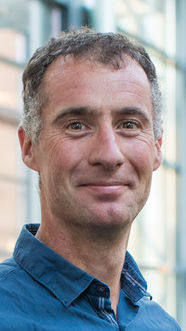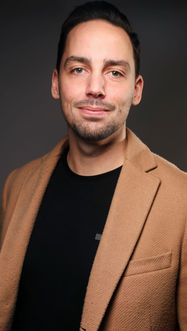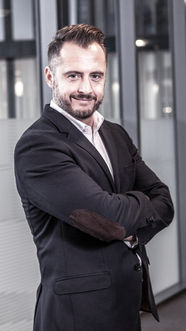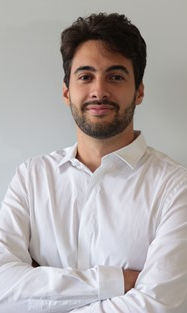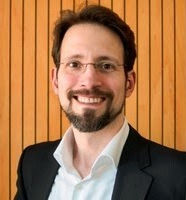top of page



About the Event
The main goal of the Wearable Robotics and Exoskeletons Conference, which will take place Online on the 16/2/2022 at 14:00 CET, is to bring together wearable robotics professionals and entrepreneurs from industry, medical/rehab academic scientists, researchers to share their experiences and research results on all aspects of Exoskeletons and Wearable Robotics.
Wearable Robotics and Exoskeletons online Conference provides a premier interdisciplinary platform for researchers, practitioners, educators to present and discuss the most recent innovations, trends, and concerns as well as practical challenges encountered and solutions adopted in the fields of Exoskeletons and Wearable Robotics.

Conference Materials

Including :
-
Recorded video of the conference,
-
Speakers' presentations,
-
List of delegates
-
Final Agenda
link and password to the conference materials will
be sent to you automatically
Our Speakers.
Media Partner
bottom of page





